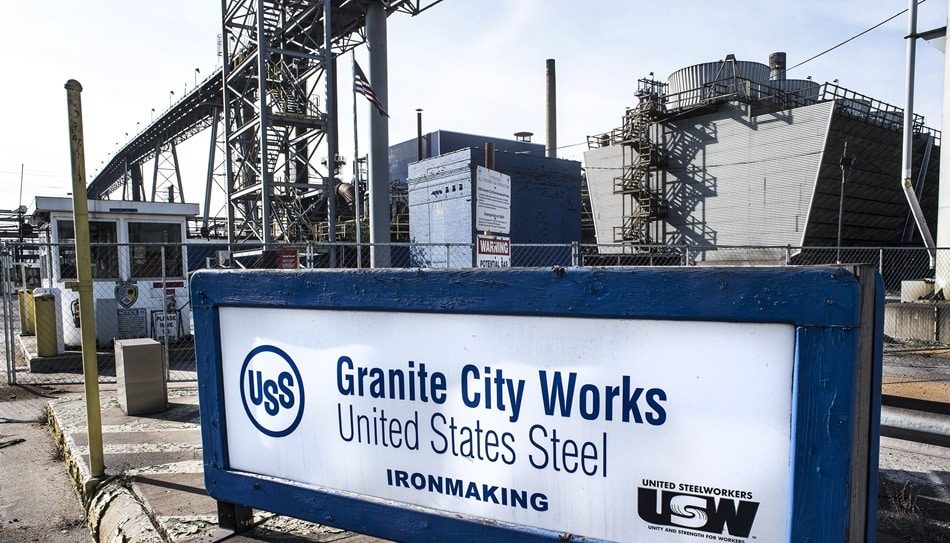US Steel and Nippon Steel have filed lawsuits challenging President Joe Biden’s decision to block their $14.9 billion merger.
Lawyers say the move violated due process and statutory requirements. The case was filed in the US Court of Appeals for the District of Columbia Circuit.
The companies also launched a second lawsuit against Cleveland-Cliffs, its CEO Lourenco Goncalves, and United Steelworkers (USW) union president David McCall, accusing them of coordinated efforts to derail the acquisition.
Looking for a job? Visit whatjobs.com today
National Security Concerns at the Center
Biden’s decision followed a year-long review by the Committee on Foreign Investment in the United States (CFIUS). It failed to reach a consensus, leading the president to block the deal.
The administration cited national security concerns, emphasizing US Steel’s critical role in producing materials essential for defense and infrastructure.
The White House stated allowing the Japanese giant to acquire US Steel could harm the domestic steel industry.
Nippon Steel had offered to address concerns by relocating its US headquarters to Pittsburgh and maintaining agreements with the powerful USW union, but opposition persisted.
Political Resistance and Union Opposition
The deal faced significant political resistance from both Biden and incoming President Donald Trump, as well as from unions and industry rivals.
Cleveland-Cliffs and other competitors, including ArcelorMittal and Nucor, had opposed the acquisition, arguing it could undermine American steel production.
US Steel shareholders had approved the merger in April 2024, but political scrutiny and union pushback kept the deal in limbo.
Hiring? Post jobs for free with WhatJobs
Financial Struggles and Strategic Importance
Founded in 1901, US Steel has long been a pillar of American industry. However, the company has faced declining revenues and profits, making it a target for acquisition.
Nippon Steel, which paid a premium to outbid rivals, saw the deal as a strategic move to benefit from Biden’s infrastructure spending initiatives.
US Steel had warned the deal’s collapse could lead to job losses, mill closures, and potentially relocating its headquarters out of Pennsylvania—a key political battleground.
Need Career Advice? Get employment skills advice at all levels of your career
What’s Next for US Steel?
The legal battle casts uncertainty over US Steel’s future. Despite efforts to address concerns, the company’s stock has struggled to reach the offer price of $55 per share, reflecting investor skepticism about the deal’s viability.
The lawsuits now seek to overturn Biden’s order and challenge the actions of Cleveland-Cliffs and the USW union.
As the court proceedings unfold, the case will have far-reaching implications for steel production, national security, and foreign investment in critical industries.




